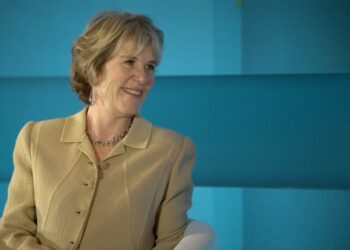DAVOS (Realist English). The World Economic Forum assessed the consequences of the COVID-19 epidemic from the point of view of public health and well-being.
According to an Ipsos survey, many respondents reported increased stress, anxiety and feelings of loneliness. On average, 79% of people surveyed across 30 countries say that their mental and physical health are now equally important.
“The pandemic not only threatened our physical health but also had a profound effect on our mental wellness,” the report says. “Many people say their personal health situation has worsened, and that they are experiencing mental health challenges for the first time.”
Even so, just one-third said the healthcare systems in their country treated mental and physical health with equal importance, suggesting there’s a way to go before systems catch up.
“The full extent and long-term implications of this will take some time to become apparent, yet investment in mental health services is still only a small fraction of overall health spend,” according to the report. “This balance may have to shift if societies are to adequately respond to emerging health needs.”
Experts came to the conclusion that while inequality was widely cited as a concern before the onset of the pandemic, many feel that COVID-19 has exacerbated rifts along gender, age and income lines. Ipsos research shows that in July 2020, 37% of British millennials (age 25- 40 years) said their generation would have a worse life than that of their parents. At the same time, just 37% of younger Americans said there will be money left in the system by the time they retire.
The affluent were able to carry on spending during the pandemic, the Ipsos research shows, and in many cases they were spending more, with luxury purchases increasing in 2021 compared with a year earlier.
The population is now declining at a faster rate, Ipsos says.
“Uncertainty has caused many to delay having children, accelerating the pre-existing phenomenon of population decline,” the report says. “We expected this ‘empty planet’ scenario to take hold by 2050. It may now be coming even sooner.”
The birth rate in the world’s most populous countries has dropped by more than half since 1960, according to United Nation’s birth rate figures. In 8 of those 10 countries it is already at or below the natural replacement rate of 2.1.


















